Graham Reid | | 3 min read

With this 2004 year about half gone we appear to be in a volatile time. Some days you just don't want to get out of bed.
In politically precarious North Asia both South Korea and Taiwan are suffering internal ructions. Islamist terrorism has cast a shadow of fear over the "coalition of the willing", there have been bombs from Baghdad to Madrid and southern Thailand, and the Israel-Palestine conundrum is literally more explosive than a year ago. Iraq is a quagmire of gun culture, anger and impasse.
The presidential election in the United States is looming as one of the most significant in recent memory, various African states and Pakistan are tinder boxes under a naked flame, and the Olympic Games -- with all that means for terrorists and the disaffected -- are on the horizon.
This looks like a landmark year. When have we had such another?
In this thick and engrossingly microscopic book New York author Kurlansky -- who wrote the engagingly anecdotal Salt: A World History -- contends persuasively that 1968 was more turbulent than any in recent recall.
Just a roll call is enough to conjure up powerful images for those adult enough to have lived through them: Biafra, Dubcek's Czechoslovakia, Ho Chi Minh, Johnson's resignation, the Rolling Stones' Sympathy for the Devil ...
1968 was quite a year. In his New Year's Eve message ushering it in, France's President Charles de Gaulle announced with avuncular certainty that he greeted '68 with serenity. His Prime Minister Georges Pompidou equally anticipated few problems in the year ahead.
They could not have been more wrong.
A historic alliance of students and workers would paralyse France (then later Rome) and the ideology of revolution, sit-ins and violence would spread globally. The war in Vietnam would escalate and spit up the highest body count of American soldiers of the war; American President Lyndon Johnson would not seek re-election; and militant activists like H. Rap Brown and Huey Newton from the Black Panthers, Daniel Cohn-Bendit (aka Dany the Red) in France, and Tariq Ali in Britain would become household names.
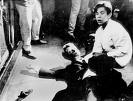
It was a year when Democratic nominee Robert Kennedy and Dr Martin Luther King fell to assassins' bullets and the peaceful protests of earlier that decade -- with Pete Seeger's plaintively weak We Shall Overcome as its anodyne anthem -- were replaced by unstoppable rage.
Even Dr King saw it coming: "Maybe we just have to admit that the day of violence is here, and maybe we just have to give up and let violence take its course. The nation won't listen to our voice. Maybe it will heed the voice of violence."
After King's murder in April '68, the Black Power leader Stokely Carmichael said, "Now that they've taken Dr King off, it's time to end this non-violent bullshit." His political opposite, Chicago Mayor Richard Daley, agreed. He told the National Guard to "shoot to kill" demonstrators.
On the streets of many nations the gloves were off: riots in Paris and Berlin; anti-Vietnam rallies; sit-ins became the common and inventive technique of protest; the massacre of demonstrators in Mexico's Tlatelolco plaza; the Vietcong's Tet Offensive took them to the gates of the American embassy in Saigon; Russian tanks rolled into Czechoslovakia to suppress Dubcek's quiet revolution ...
1968 was also a year of resonant symbolism; black athletes at the Mexico Olympics raising their fists in a Black Power salute; day-glo posters of hippie'67 were replaced by the iconic shadow image of Che Guevara. 
The soundtrack also changed. The year before it had been peace, love and Sgt Pepper's, now it was the darker moods of the Doors and Jefferson Airplane (whose Crown of Creation album cover showed them inside a mushroom cloud).
In this hypnotically readable analysis the past is a different, but chillingly familiar, country. Today the tactics of terror and civil disobedience have become common currency, the assassination of political leaders, which was once a marginal act in history, is now not unexpected.
We used to say those who don't learn from history are condemned to repeat it. Now we say, "Whatever".
Whatever.
This is a fast-paced, informative and thoroughly readable history of a year like no other.


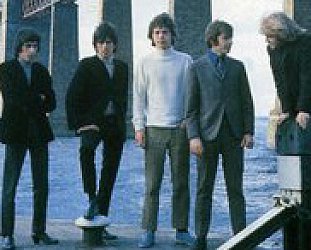
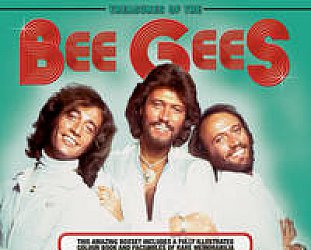
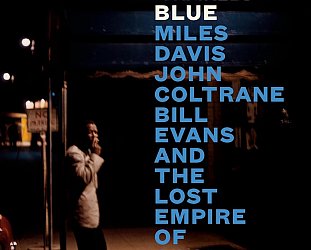
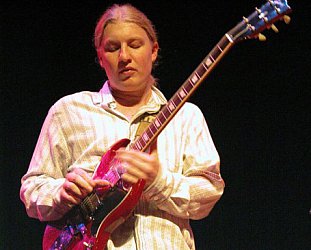

post a comment